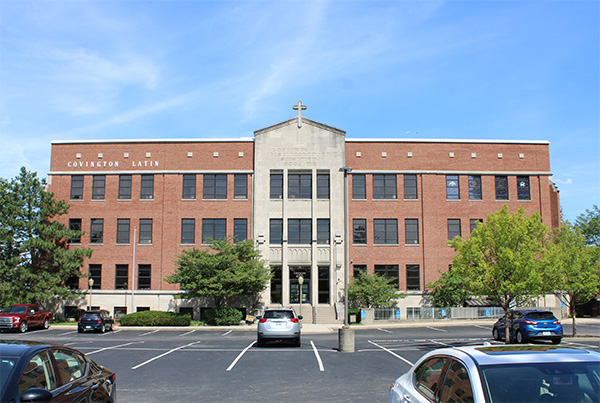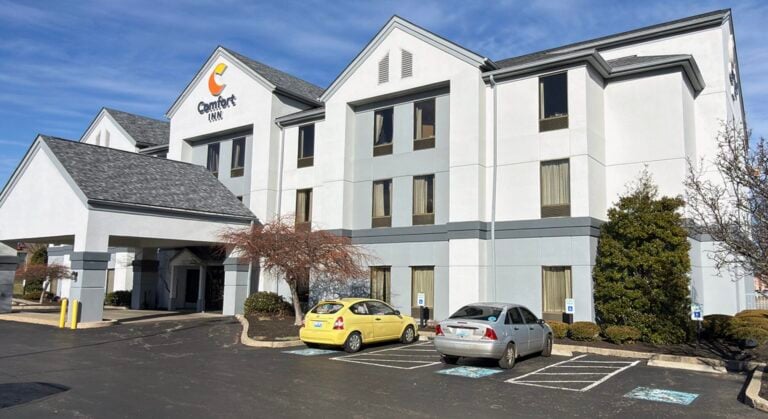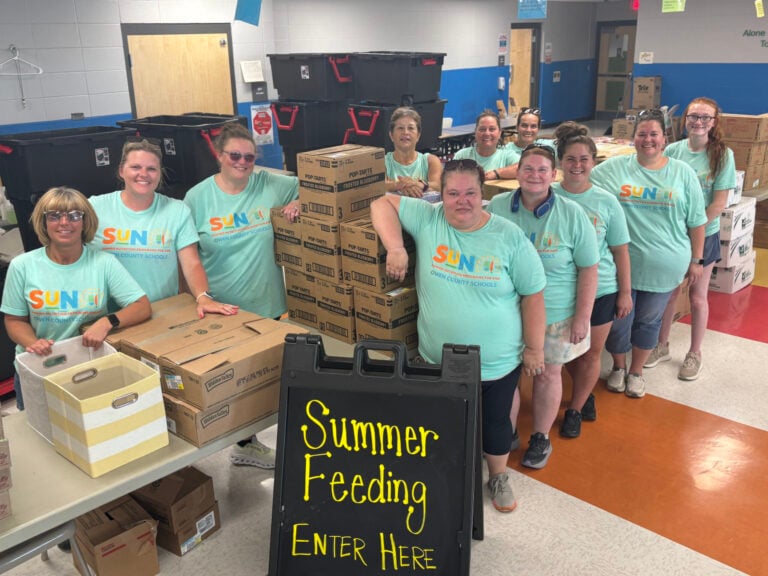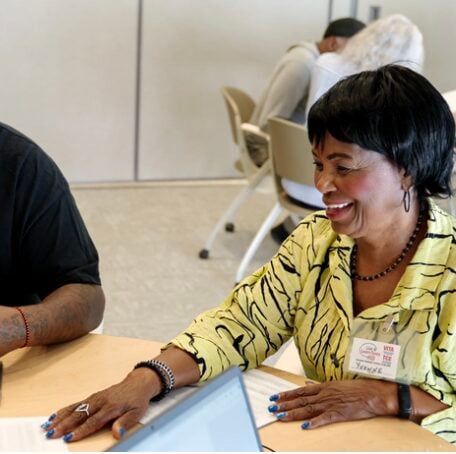Through a pilot program paid for with federal funds, the state’s social services agency is helping children entering out-of-home care get more immediate, precise treatment when they have behavioral health issues.
The $2.5 million, five-year grant from the U.S. Administration on Children, Youth, and Families to the Kentucky Department for Community Based Services funds Project SafeSpace, which ensures behavioral health screenings for children entering out-of-home care.
Kentucky was awarded the grant in late 2013, and the project will begin implementing its pilot phase with children in Fayette, Boyd and surrounding counties in early 2016. All children ages 0-18 entering foster care will be screened. Expansion of the pilot to half the state’s counties is scheduled to begin by the summer of 2016. By 2018, all children in all 120 Kentucky counties will be screened within 30 days of entering out-of-home care.
DCBS Commissioner Teresa James said children in foster care are more likely to have significant behavioral health concerns that affect their development.
“Through this project, we can give lifelong, improved well-being to the children in out-of-home care who will transition back home and those placed for adoption,” James said. “All of this will lead to better outcomes for the children and an easier path to permanency.”
Project SafeSpace is collaboration between DCBS, the CHFS Department for Behavioral Health, Developmental and Intellectual Disabilities, the University of Louisville, the Eastern Kentucky University Training Resource Center and the Kentucky Partnership for Families and Children.
James said that with the expansion of Medicaid and the Affordable Care Act increasing access to behavioral health assessment and treatment, the behavioral health of children and adults is getting a lot more attention. “We are so proud of Project SafeSpace and its mission to include children coming into out-of-home care under this umbrella of assistance,” she said.
Project SafeSpace Manager Nicole George said that Kentucky applied for the grant because in recent years, there has been an under-identification of children with behavioral health needs when they come into state care. Also, 19 percent of children placed in private child caring agencies, which are like residential homes, have one behavioral health diagnosis within six months of entry, and 27 percent have two or more.
“A lot of the children coming into care need special treatment or special medication for behavioral health issues,” she said. “We want to identify these complex issues early and be responsive to kids’ needs to give them the best possible care in their time of trauma.”
George said that redesigning this service delivery system should reduce some symptoms that require treatment and decrease the recurrence of maltreatment. It should also decrease placement disruption.
“We will know early on what treatments a child entering care will need and what foster families might be best trained and equipped to provide it,” she said. “Stability is very important to these children’s well-being.”
KPFC Executive Director Carol Cecil said that her group will bring a parent focus to the project’s leadership team.
“We will educate parents on what to expect with the screening and assessment so that both birth and foster parents can be an integral part of the treatment team for a child,” she said.
Cecil said that she is also an adoptive parent and has seen a great need for a uniform screening.
More stability for children
“My hope is that by providing the appropriate mental health care, Kentucky will improve children’s behavioral health, which in turn will reduce a child’s need to be moved,” she said. “An increase in stability will help a child feel safe, loved and important.”
Fayette County Family Court Judge Lucinda Masterton’s district is one of Project SafeSpace’s first pilot regions, and she has been involved in the pilot’s planning process for the past two years.
Masterton said the project should reduce the number of placements for children.
“For kids coming into care – especially kids with behavioral needs – they go through a bunch of placements at the start, because we don’t know what their needs are,” she said. “By having a good screening process right at the beginning for these children, we have a better shot at giving appropriate placement for them and getting them appropriate therapy really quickly.”
Masterton said that information about the children resulting from the screenings will better prepare foster families.
“We can place a child with a family who is trained and capable of dealing with the issues that the child presents, so that the family does not – at some point down the road – become surprised when a child acts out. We can tell them, ‘this is what you can expect to see, what fears and behaviors they might show,’ and they won’t sign up if they are not prepared.”
The pilot project is so well-planned, Masterton said, that its eventual evaluation will provide helpful analytical information.
“We will get some great numbers,” she said. “We can look at court-performance measures like number of placements in the first six months and number of months in care.”
George said that the children’s DCBS caseworkers will provide the initial behavioral health screening through a standard, web-based application. Many other states are already using a similar screening process to measure foster children’s strengths and needs.
To learn more about becoming a foster parent, log on to http://chfs.ky.gov/dcbs/dpp/faqfostercare.htm or call 1-800-232-KIDS (1-800- 232-5437).
From Kentucky Cabinet for Health and Family Services


















